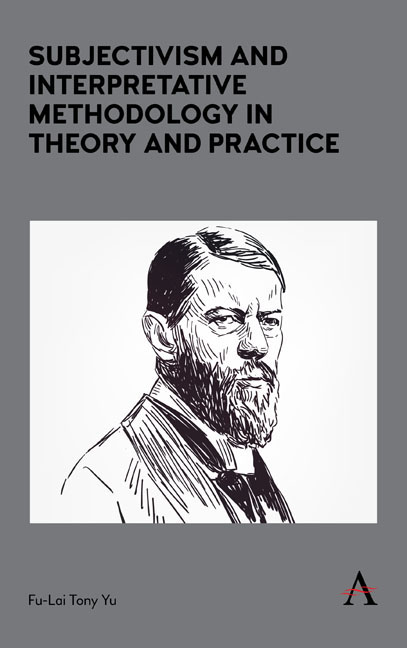13 - Outcomes- Based Education: A Subjectivist Critique
Published online by Cambridge University Press: 28 February 2020
Summary
Abstract. This chapter is about educational reform. It provides a subjectivist critique of Outcomes- Based Teaching and Learning (OBTL) method. There are growing concerns among educators that the traditional teaching and learning method that is teacher centered and emphases on students’ inputs cannot adequately reflect what students have actually learned. They urge to explore new ways of teaching and learning. Outcomes- based Education (OBE) has emerged as a response to the weaknesses of the traditional teaching and learning method. An attempt to measure the effectiveness of education by outcomes was then undertaken. Since then, OBE has been adopted worldwide. It cannot be denied that OBE represents a significant advance in education reform. However, this chapter argues that OBE should not be taken too far. Rooms should be made for nonmeasurable outcomes. This chapter identifies the limitations of the OBE and provides a subjectivist critique of OBTL method. It then suggests a concept namely, “subjective understanding,” originated in Max Weber's works, as an alternative teaching and learning method. It concludes that educators should not miss out non- observable elements during the teaching and learning process.
Introduction
Long before I learned to do a sum in arithmetic
or describe the shape of the earth,
Miss Sullivan had taught me to find beauty
in the fragrant woods, in every blade of grass,
and in the curves and dimples of my baby sister's hand.
— Helen Keller, The Story of My Life, 1902There are growing concerns among educators that traditional teaching and learning method, which is teacher- centered and emphases on students’ inputs, cannot adequately reflect what students actually learn. They call for new ways of teaching and learning. Outcomes- Based Education (OBE) has emerged as a response to the weaknesses of traditional teaching and learning method. An attempt to measure the effectiveness of education by learning outcomes is then undertaken. Since then, OBE, a new concept of teaching and learning, has been adopted in major advanced countries such as Australia, New Zealand, the United Kingdom, Canada, Ireland and the United States. It cannot be denied that OBE represents a significant advance in education reform. However, this chapter argues that OBE should not be taken too far. Rooms should be made for nonmeasurable outcomes. The story of Helen Keller and her teacher Anne Sullivan can best illustrate this point. Helen Keller's life was filled with silence and darkness.
- Type
- Chapter
- Information
- Publisher: Anthem PressPrint publication year: 2020



